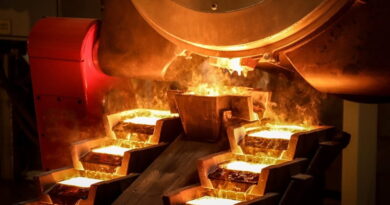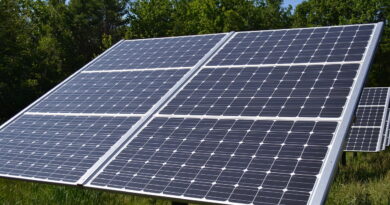Recession would enable miners to catch up on projects
Recessions are a double-edged sword for miners and metallurgists seeking to invest in additional production capacity. On the one hand, lower or negative growth reduces the need for investment in future supply. On the other, as prices and margins fall, the ability to greenlight projects becomes more challenging. Even if there were a recession outside China – it accounts for around 50% to 60% of global demand for most commodities – absolute levels of demand would recover within a year.
In short, there’s no real respite from the challenge of supply development. An acceleration of energy transition uses would also mitigate the downside; in other words, demand growth could just slow.
Widespread demand and supply chain constraints – compounded by the war in Ukraine and Russian sanctions – mean that commodity prices are currently significantly above incentive or marginal cost levels across the metals and mining complex.
So even if margins are squeezed under an economic slowdown scenario, opportunities to invest in supply still exist – but the room that miners and metals producers have to manoeuvre will be further constrained.
Miners argue that their ability to sanction projects is not necessarily a feature of a lack of investment capital but rather the inability to obtain permitting, as well as the pace of it. Others argue that prices and returns need to be higher to trigger investment.
There is also a narrative that prices will be higher because projects aren’t happening quickly enough, leading to a ‘new equilibrium’ of markets being perpetually undersupplied. All of these arguments are plausible.
Technological innovation adding to a rising risk of substitution
Thrifting or elimination of commodities that expose consumers to excessive supply chain risk and price volatility has already started. If a commodity is structurally undersupplied and there is sufficient supply of a techno-economic alternative there is a risk of substitution. And the development or adoption of alternative technologies, like eliminating cobalt in NMC chemistries, or the use of LFP batteries and ultimately solid-state batteries, will help alleviate potential structural shortfalls.
Greater recycling will be a feature of the market bringing with it a lower requirement for primary supply development, lower waste, more security of supply and a lower carbon footprint. The prerequisite for ncreased recycling will be policy and societal adoption, neither of which will be quick.
So, the simple answer to the original question – whether a recession will provide the breathing space for producers to bring on necessary supply in a timely manner – is no. Recessions are short-lived and, while demand can decline markedly, recovery can be quick, with absolute demand back to ‘normal’ in one to two years.
For energy transition commodities, demand will continue to rise despite an economic slowdown. With typical prices lower and margins tighter during a slowdown, project funding decisions will become more problematic.
The supply shortage actually grows. Consumers will have to get used to volatile markets, elevated prices and a scramble to secure supply. The only guarantee of delivery is ownership – something that consumers and governments will have to embrace if we are to accelerate the energy transition.




